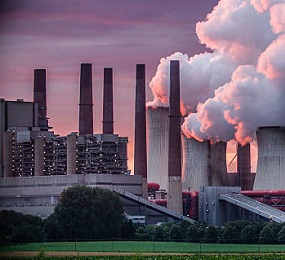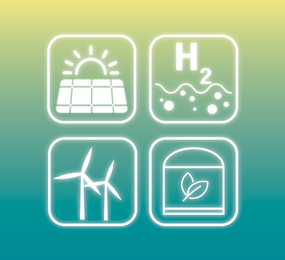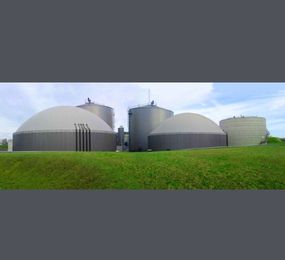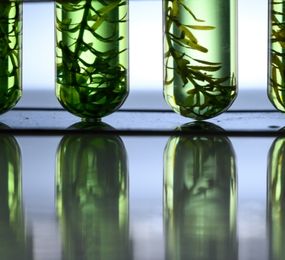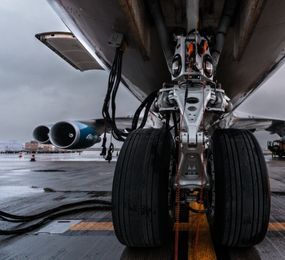Biofuels are renewable energy that can be used to generate electricity and heat. The production of biofuels is regarded as a renewable energy source. Using biofuels has the goal of lowering greenhouse gas emissions.
Applications of fossil fuels are related to currently prevalent environmental concerns. Renewable biofuels have become increasingly important as energy sources over the past two decades due to the decrease of traditional fuel resources and associated environmental penalties. It is an environmentally sound and sustainable method to produce biodiesel, biogas, and bioethanol from various feedstocks, wastes, biomass, and agricultural residues.
Advanced biofuels are made from renewable biomass and offer significant (>50%) greenhouse gas emission reductions over gasoline and diesel.
Advanced biofuels are blended into fossil fuels at various blend levels depending on the temperature, engine requirements, carbon intensity, and cost. Conventional refineries use bio-based hydrogen and alternatives for crude oil called "biocrude" to cut emissions. Both biofuels use currently available refining equipment to provide diesel and gasoline with lower carbon intensity than regular fuels. Biofuels are also being commercially produced using industrial flue gasses.
Sustainable aviation fuels, a biofuel used to power airplanes, have properties similar to conventional jet fuel but a lower carbon footprint. In contrast to traditional jet fuel, SAF can significantly lower life cycle GHG emissions depending on the feedstock and methods utilized to create it. Some emerging SAF pathways even have a net-negative GHG footprint.
According to the U.S. Environmental Protection Agency, aviation GHG emissions account for 9%–12% of all transportation-related GHG emissions in the country. SAFs' reduced carbon intensity makes them a significant GHG emission reduction strategy.
At the Advanced Biofuels Forum, Praveen Bains will be speaking on: • Brief overview of biofuel use today, • Advanced biofuel (and synthetic fuels, briefly) use in the IEA’s Net Zero by 2050 scenario, with a focus on sustainable aviation fuels, • The remaining innovation/technology gaps required to achieve large-scale deployment. Praveen is a Clean Energy Modeller at the International Energy Agency and she’d be joined by other experts and stakeholders in discussions that could shape the future of the advanced biofuels market.


